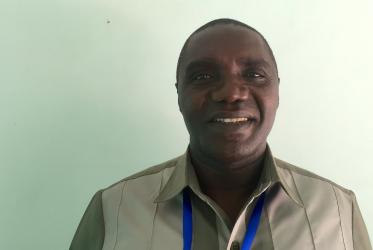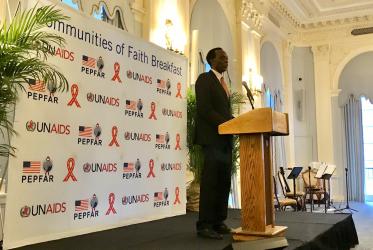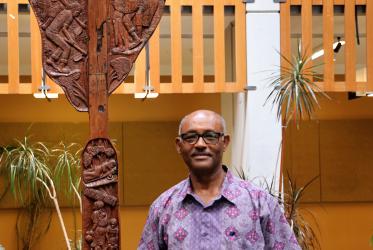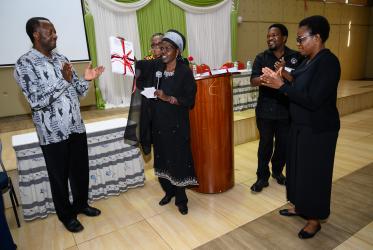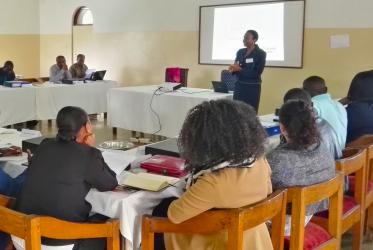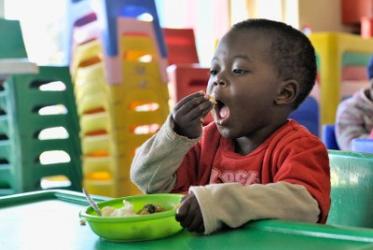Displaying 1 - 20 of 35
Former WCC executive finds joy working for peace in Ethiopia
06 August 2019
Conversation on HIV “must continue,” Faith Networking Zone shows
07 December 2017
“Good healthcare a right, not a privilege,” says WCC-EAA
11 October 2017
African youth takes stand at first ever WCC Eco-School
03 August 2017
Applications open for WCC Eco-School
10 May 2017
UN discussion focuses on women, HIV and property rights
21 March 2017


